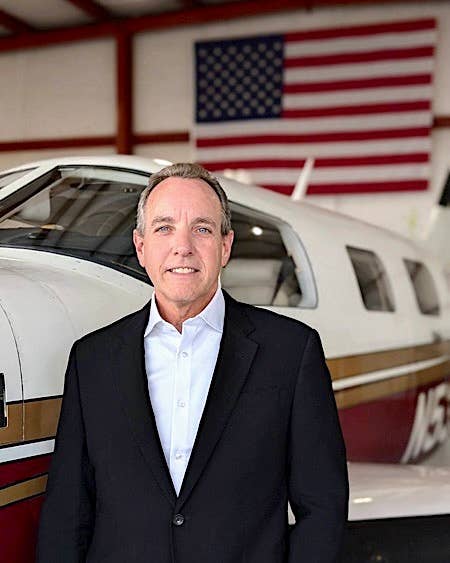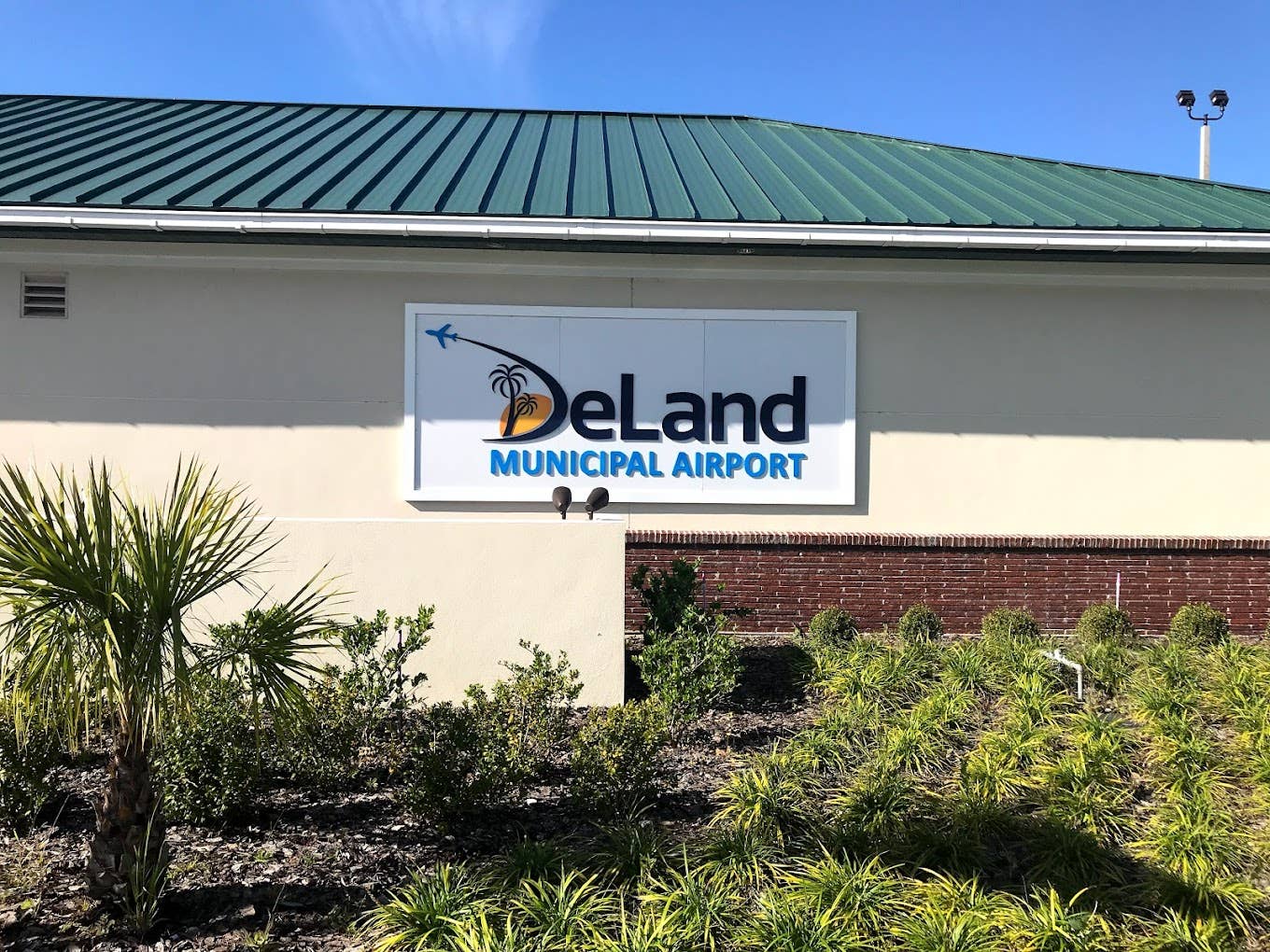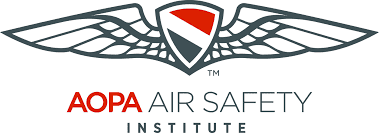AOPA Air Safety Foundation Offers New Course in Aging Aircraft
It’s well known that the general aviation fleet is aging, and while older aircraft can be safe to fly, they do demand a certain amount of care. AOPA’s Air Safety Foundation addresses all of the issues that pilots should know about in a new course, Aging Aircraft, offered free online. This interactive course discusses factors that affect the rate of aging, such as storage, use, abuse, and maintenance; offers suggestions for proactive inspection and maintenance practices, and explains the difference between chronological and true age. Specific tracks can be chosen that focus on Beechcraft, Cessna, Mooney, or Piper models. Advice is offered for those thinking about buying or renting an older aircraft. The course takes about an hour to complete.
 It's well known that the general aviation fleet is aging, and while older aircraft can be safe to fly, they do demand a certain amount of care. AOPA's Air Safety Foundation addresses all of the issues that pilots should know about in a new course, Aging Aircraft, offered free online. This interactive course discusses factors that affect the rate of aging, such as storage, use, abuse, and maintenance; offers suggestions for proactive inspection and maintenance practices, and explains the difference between chronological and true age. Specific tracks can be chosen that focus on Beechcraft, Cessna, Mooney, or Piper models. Advice is offered for those thinking about buying or renting an older aircraft. The course takes about an hour to complete.
It's well known that the general aviation fleet is aging, and while older aircraft can be safe to fly, they do demand a certain amount of care. AOPA's Air Safety Foundation addresses all of the issues that pilots should know about in a new course, Aging Aircraft, offered free online. This interactive course discusses factors that affect the rate of aging, such as storage, use, abuse, and maintenance; offers suggestions for proactive inspection and maintenance practices, and explains the difference between chronological and true age. Specific tracks can be chosen that focus on Beechcraft, Cessna, Mooney, or Piper models. Advice is offered for those thinking about buying or renting an older aircraft. The course takes about an hour to complete.
"The average general aviation aircraft is more than 30 years old," says Bruce Landsberg, executive director of ASF. "Our online program contains valuable, potentially life-saving information for anyone who owns or flies a GA airplane."






